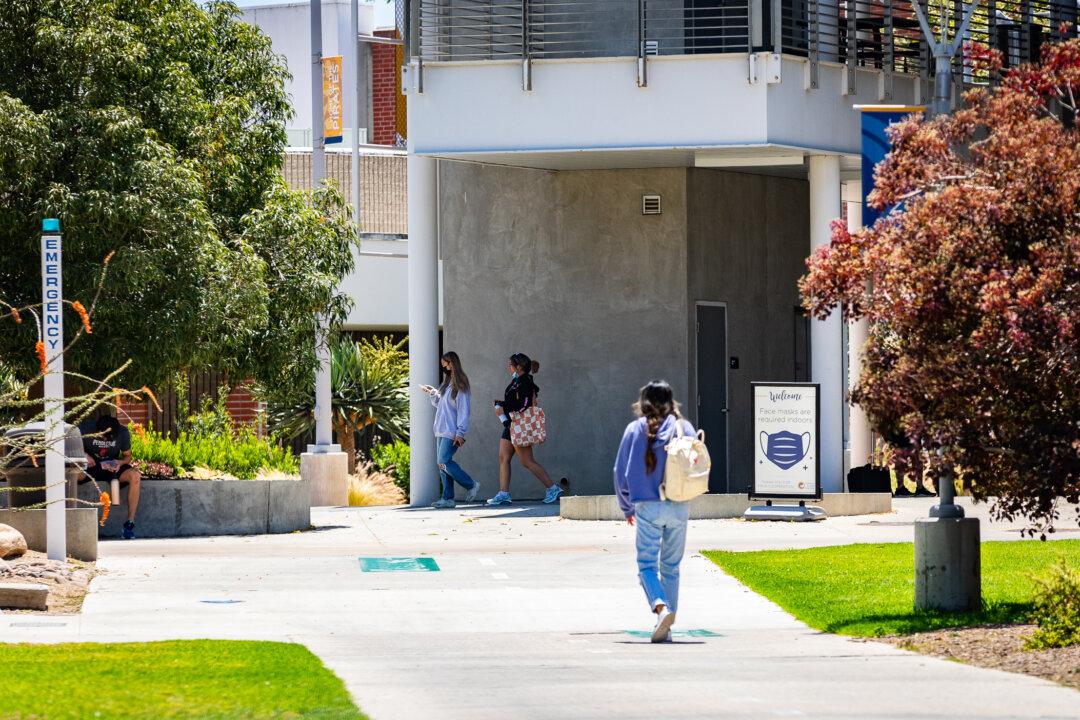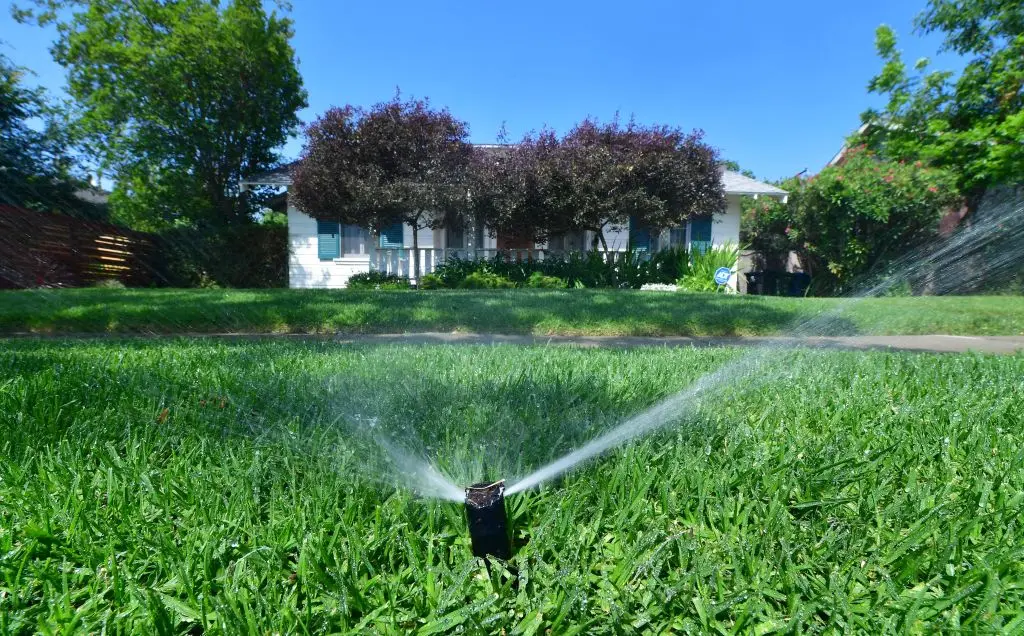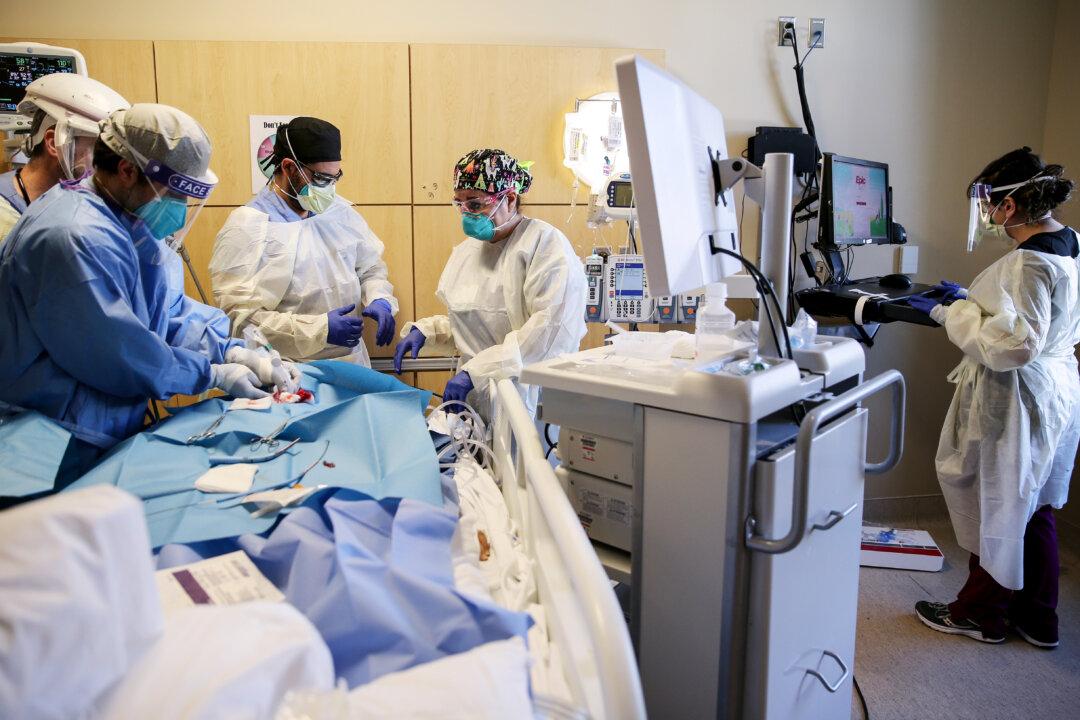More Californians may soon go to community college for free under a bill introduced by a Los Angeles Assemblyman, which passed in the California Assembly in May and will be heard in the state Senate next week.
Assembly Bill 2266, known as the “Free Community College for All” program, was introduced by Assemblymembers Miguel Santiago (D-Los Angeles), Sabrina Cervantes (D-Riverside), and Kevin McCarty (D-Sacramento) earlier this year.




